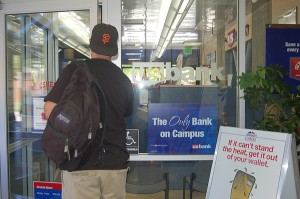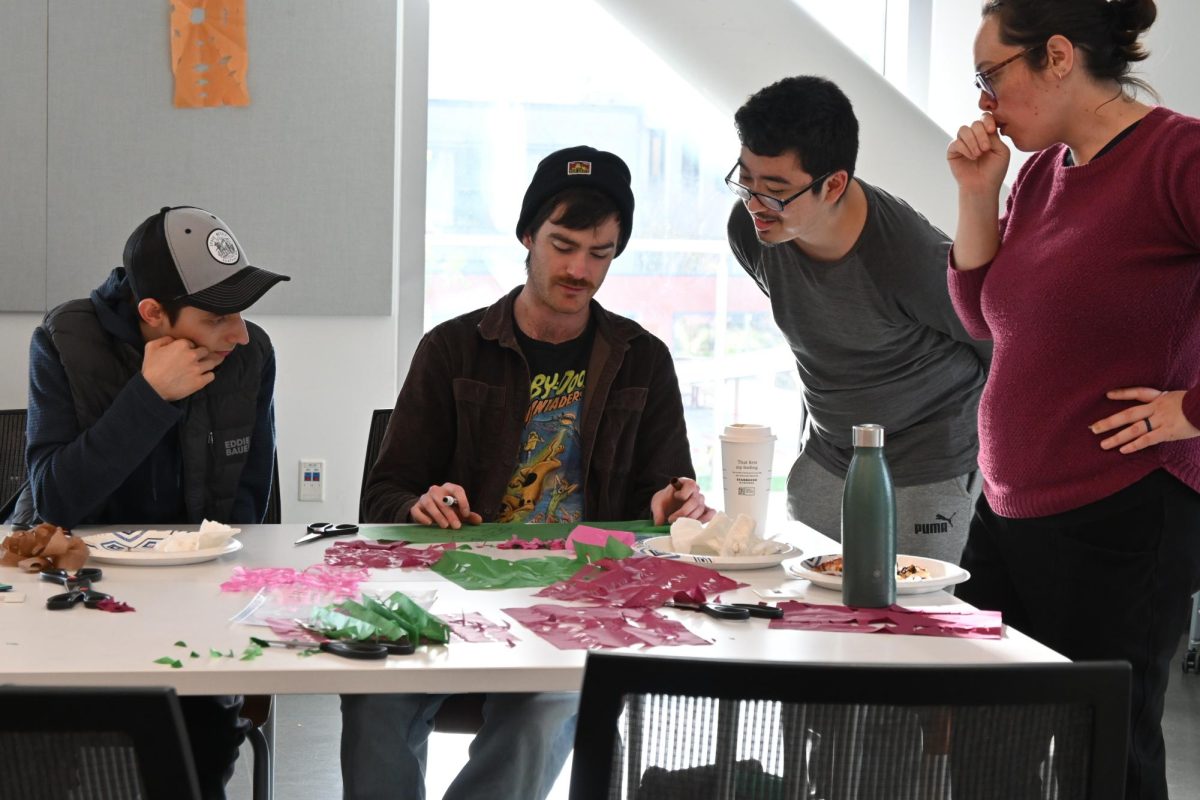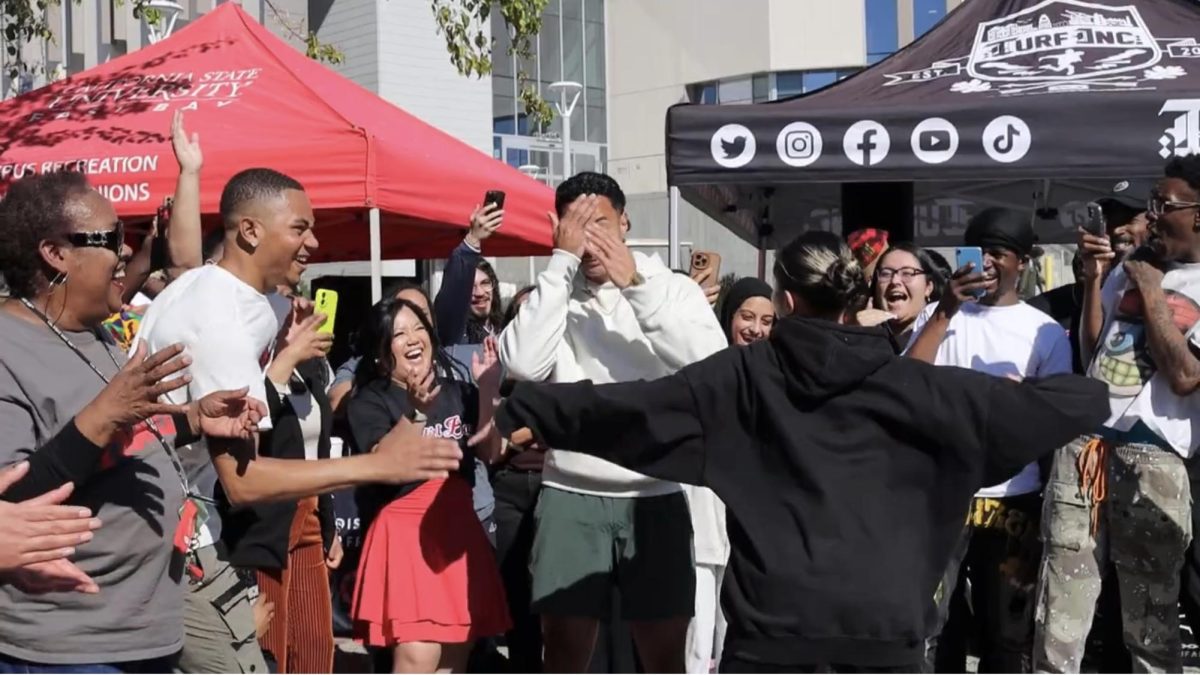
For many students at CSU East Bay, this year will mark the first time they get a credit card, open a checking account, or have to deal with their own financial aid in the form of work-study, grants, or loans.
Taking charge of your finances is one of the first steps towards gaining independence, and knowing your financial options on campus is an integral part of that process.
While all of this may seem daunting, there are at least two places on campus where students can go in order to get the help they need.
The first is the Office of Financial Aid at the Enrollment Information Center on the first floor of the Student Services and Administration Building, where students can go to apply for financial aid and receive related counseling from their staff.
The second is the CSUEB branch of U.S. Bank located in the Old University Union where branch manager Jennifer Arzie wants “to make sure people know we are here.”
On campus since September of 2010, U.S. Bank has a five-year contract with the university.
It took the place of Patelco-owned Cal State 9 Credit Union after their contract expired at CSUEB last year.
Arzie is intent on “Letting [students] know that we’re here and that we’re not only just a bank. That we’re here to help them and support them and if they have questions or they are a first time account holder, first time credit card holder they have us to come to and we can do kind of financial 101 with them.”
U.S. Bank holds wellness seminars for students who are interested in taking charge of their finances by explaining banking concerns, such as the basics of checking accounts, credit cards and account balances.
These concerns are significant due to the lack of financial literacy, which can lead to problems such as extensive credit card debt.
According to the California Department of Financial Institutions, only 26 percent of people between the ages of 13 and 21 are taught strong money management skills by their parents.
This may be a contributing factor to the fact that, according to the Jump$tart Coalition, 45 percent of college students were in credit card debt averaging $3,000 in 2005.
At the same time, the Washington State Department of Financial Institutions maintains that university administrators claim they lose more college students to credit card debt than academic failure across the nation.
“I know a lot of people shy away from credit cards because they are scared, because of what the news says and what the media says,” said Arzie.
The CSUEB branch of U.S. Bank is intent on helping students better understand and overcome those fears by providing face-to-face services that are otherwise not available on campus, as other banks only have ATM machines.
Still, the ATMs scattered around CSUEB for students who already hold checking accounts from other banks like Chase and Bank of America make it easier for students to maintain their banking preferences.
However, many banking institutions do not have a presence at CSUEB, making it more difficult for students to withdraw cash without incurring fees for using ATMs not associated with their own banks.
Those kinds of charges can quickly accumulate over the course of a year, leading students to struggle over financial decisions.
U.S. Bank wants to make students feel like they are a place where students can go to make those financial decisions. “We work for U.S. Bank but we feel as we’re kind of like a team here on campus,” said Arzie.
One way U.S. Bank has tried to take on that role in the year since it has been on campus is through various outreach programs with different parts of the university and working extensively with the Director of Enterprise Operations, Mark Almeida.
Besides holding seminars for students, U.S. Bank has also sponsored the women’s swim team, held a $500 half-court shot, and recently helped incoming students move into the dorms.
While U.S. Bank may potentially be a valuable resource to students on campus, it is important to remember that ultimately it is up to the student to make thorough decisions regarding their finances, credit cards, and banking institutions.
College is a time of many firsts and at CSUEB there are people available to make some of those experiences less intimidating. Knowing what is going on with your finances is an important step in the right direction to a successful college career.








